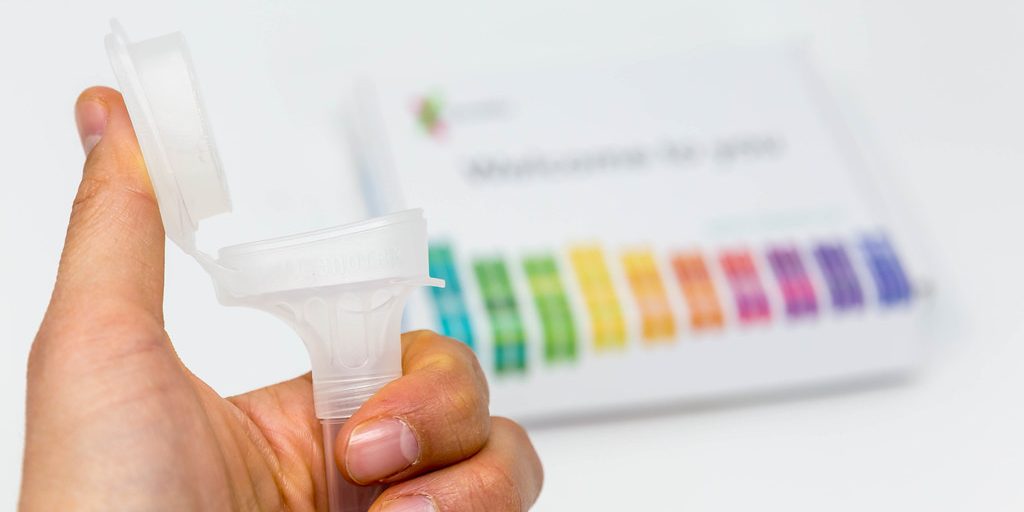State Rep. Chip Brown (R-Hollinger’s Island) announced he has pre-filed legislation designed to protect the personal data of consumers who provide DNA samples to companies in return for information on their ancestry, ethnicity, family health genetics, and other areas.
The legislation would require a genetic testing company, such as Ancestry and 23andMe, to obtain the consumer’s express consent to use the sample and data to fulfill the consumer’s order and store the sample and data.
Consumer Reports produced a scathing review of direct to consumer genetic testing services that warned of privacy concerns with the data collected by those companies and who has access to that data.
“As technology regarding DNA becomes more advanced and widespread, it is important to ensure that the privacy of individuals providing samples is both protected and secure,” Rep. Brown said.
“Under the provisions of this bill, consumers would be notified beforehand how their DNA information will be collected, retained, transferred, disclosed, and deleted, and it imposes civil penalties on companies for each violation of the law.”
The “Alabama Genetic Data Privacy Act” would restrict how genetic testing companies and contractors that provide them with services can retain and disclose the biological samples and derived genetic information submitted by consumers.
RELATED: Livingston: Ballot harvesting, school choice among 2024 legislative priorities
It would also be required to obtain the consumer’s express acknowledgment that the sample and data may be handled by other entities, including any third party contractor, and that the consumer may be asked in the future to disclose or transfer the consumer’s sample or data to a third party.
Brown’s legislation would also require the company to obtain medical informed consent from the consumer each time the use of the sample or data is retained or transferred for research.
It would also go as far to prohibit the disclosure of consumer data to a governmental agency without express consumer consent in the absence of a search warrant, subpoena, or court order.
If passed, the Consumer Division of the Attorney General’s Office would be authorized to enforce a violation of the act in circuit court by injunction of imposition of a civil penalty of up to $3,000.
This bill would not take effect until October of next year and then only if it is passed by both Houses of the State Legislature and is signed into law by the Governor. The 2024 Alabama Legislative session begins February 6, 2024.
To connect with the author of this story or to comment, email [email protected]













